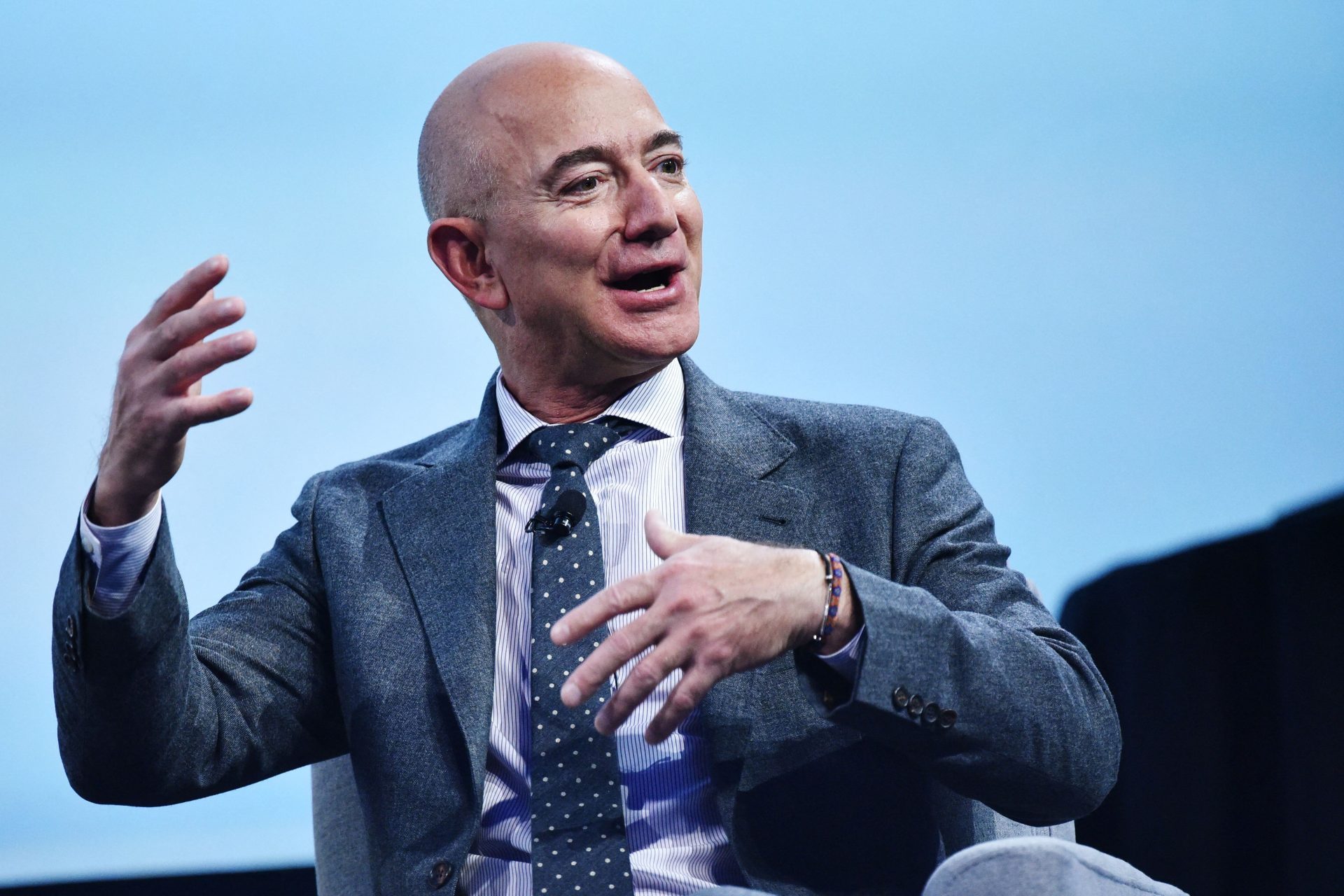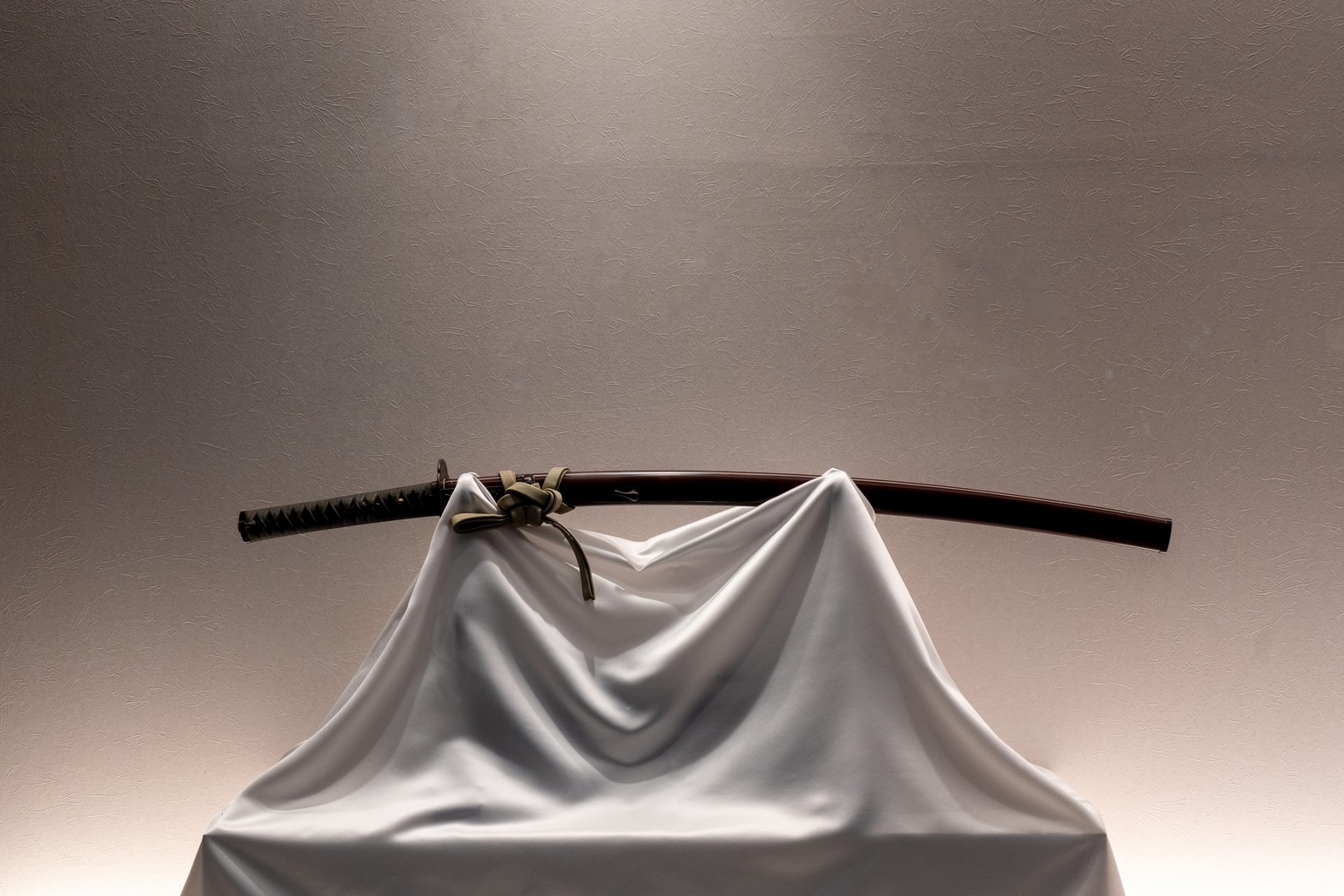Here’s what you don’t know about lazy workers
Most businesses do not want to hire someone who is lazy. Really, who wants a person on their team who isn’t willing to put in the work to get things done? But lazy employees may not always be a bad thing according to some.
Most Chief Executive Officers are the total opposite of lazy employees and there is a bit of evidence that backs up that claim. In 2022, survey data from Inc Magazine found that most CEOs were up early, tackling the day.
64% of 1,086 CEOs surveyed reported that they woke up at 6:00 am or earlier and 9 out of 10 said they got up no later than 7:00 am. Inc’s editor-and-chief Scott Omelianuk told CNBC why early morning was key for most.
“Mornings in particular prove to be, for a lot of the entrepreneurs I talk to, the time that allows them to focus,” Omelianuk explained. “There’s this moment of quiet, where you can focus on the issues of the day.”
Photo by Alex Kotliarskyi on Unsplash
However, the daily routines of busy CEOs are certainly not the same routines that the people who work under them keep. Some business executives and visionary leaders even like to seek out lazy employees.
Take Bill Gates for example, who is often quoted as saying: “I always choose a lazy person to do a hard job, because a lazy person will find an easy way to do it.” Whether this was something Gates actually said is debatable. But is it true?
Some interesting research from 2015 published in the Journal of Health Psychology can shed some light on laziness and work. Researchers argued that laziness was actually just a need for cognition on the part of most people.
“People who have this trait crave structured and reasoned ways of looking at the world, and they often pursue activities that provide intense mental stimulation, such as brainstorming puzzles or debating,” explained CNBC’s Tom Popomaronis.
Photo by ThisisEngineering RAEng on Unsplash
Harnessing the hidden potential of lazy workers may be possible and Shawn Freeman, a contributor to Business Collective and founder of TWT Group, outlined why the lazy worker is an organization's best asset. But you have to understand what to look for.
Freeman suggests there is a right kind of lazy and a wrong kind of lazy. The right kind of lazy worker is one who is “practical, creative, and intelligent people who don’t overthink things.” These people propel a business forward.
Photo by Wes Hicks on Unsplash
The right kind of lazy employee will have outside hobbies and passion, so they are not really likely to bring their work home with them. The wrong kind of lazy employee is a group of people actively looking to avoid work.
Photo by Nick Duell on Unsplash
“Lazy people who are self-starters are the best employees you could ever have. They work in bursts of productivity and tackle things as they arise. I never have to worry about deadlines with my lazy staff members,” Freeman wrote.
Photo by Hunters Race on Unsplash
“They love to take the initiative and find their own way to get the job done. If they find themselves tinkering with something for too long, they’re not afraid to rip it to shreds and start over in search of a quicker route,” Freeman added.
Photo by Israel Andrade on Unsplash
Freeman’s perspective actually makes a lot of sense, and it could be tied to an idea that Tom Popomaronis called “false laziness," ehich means the laziness of people can cactually ontribute to their success at work because it forces them to focus on the right things.
Photo by Jason Goodman on Unsplash
Popomaronis used a quote from the world-renowned author of ‘Moneyball’ and ‘The Big Short’ Michael Lewis while he was being interviewed by Qualtrics CEO Ryan Smith on how false laziness can help some thrive.
“My laziness serves as a filter,” Lewis said. “Something has to be really good before I’ll decide to work on it.” So the next time your boss gets angry about you slacking on your workload, just explain to them that a little laziness might be a good thing.
Photo by Super Snapper on Unsplash
More for you
Top Stories





























